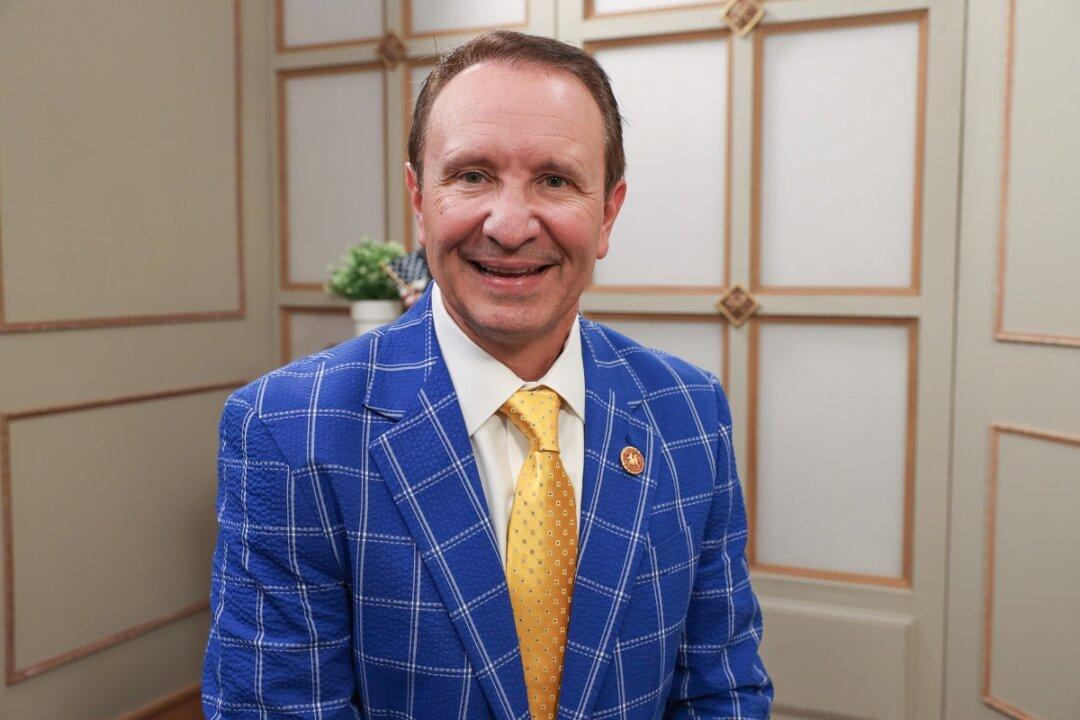The subpoenas and discovery requests sent out as part of a lawsuit against the federal government are going to bring back reams of information, Louisiana Attorney General Jeff Landry says.
Landry and Missouri Attorney General Eric Schmitt, both Republicans, sued the Biden administration in May, arguing the government colluded with Big tech companies to violate the constitutional rights of Americans.






